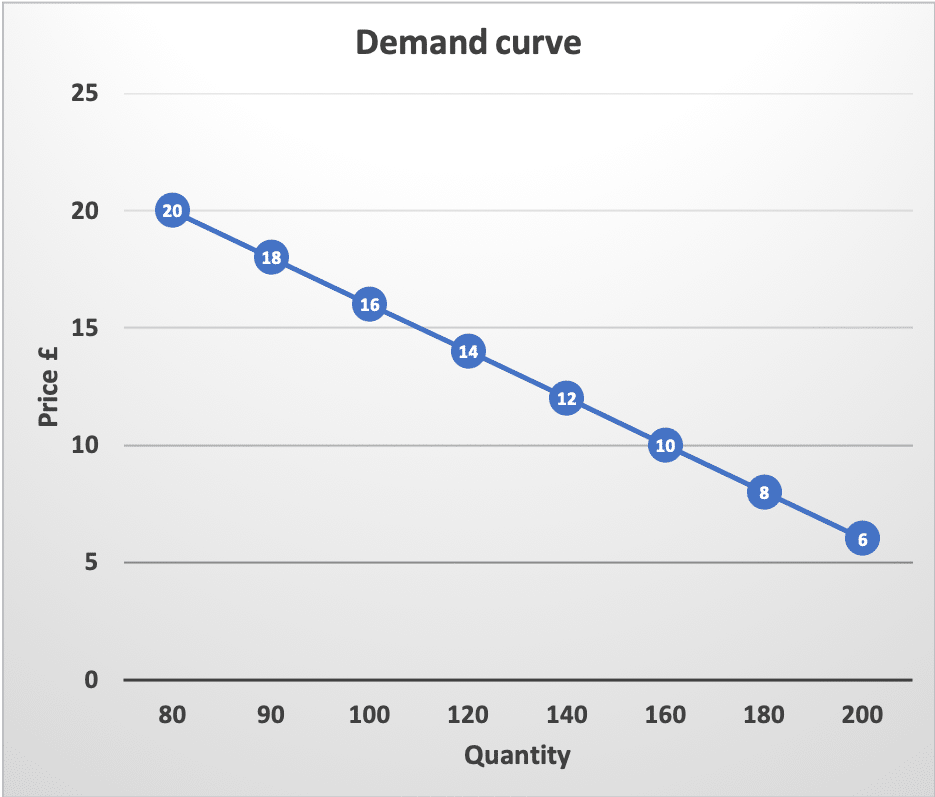Question: Channel 4 and true level of National Debt
Readers Question: I watched the recent Channel 4 (I think) programme on the National Debt. In this Programme it gave an all inclusive figure of £4.8 Trillion. How can this be squared with the very much lower figures given on your site? I haven’t had chance to see Channel 4’s recent programme on National Debt. …

